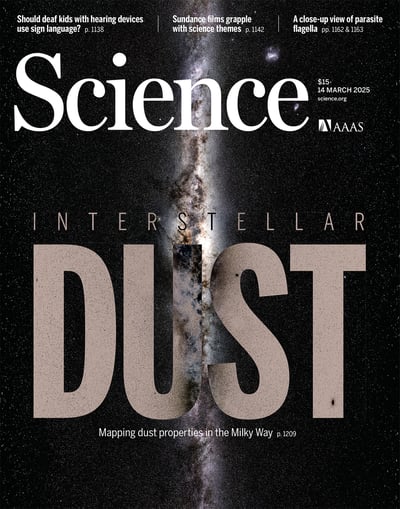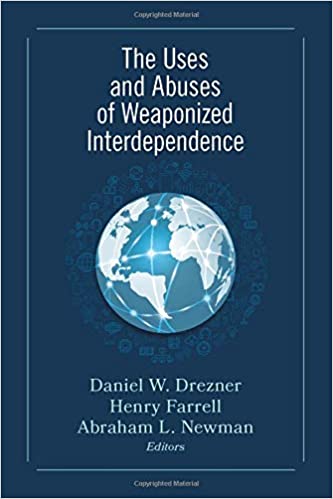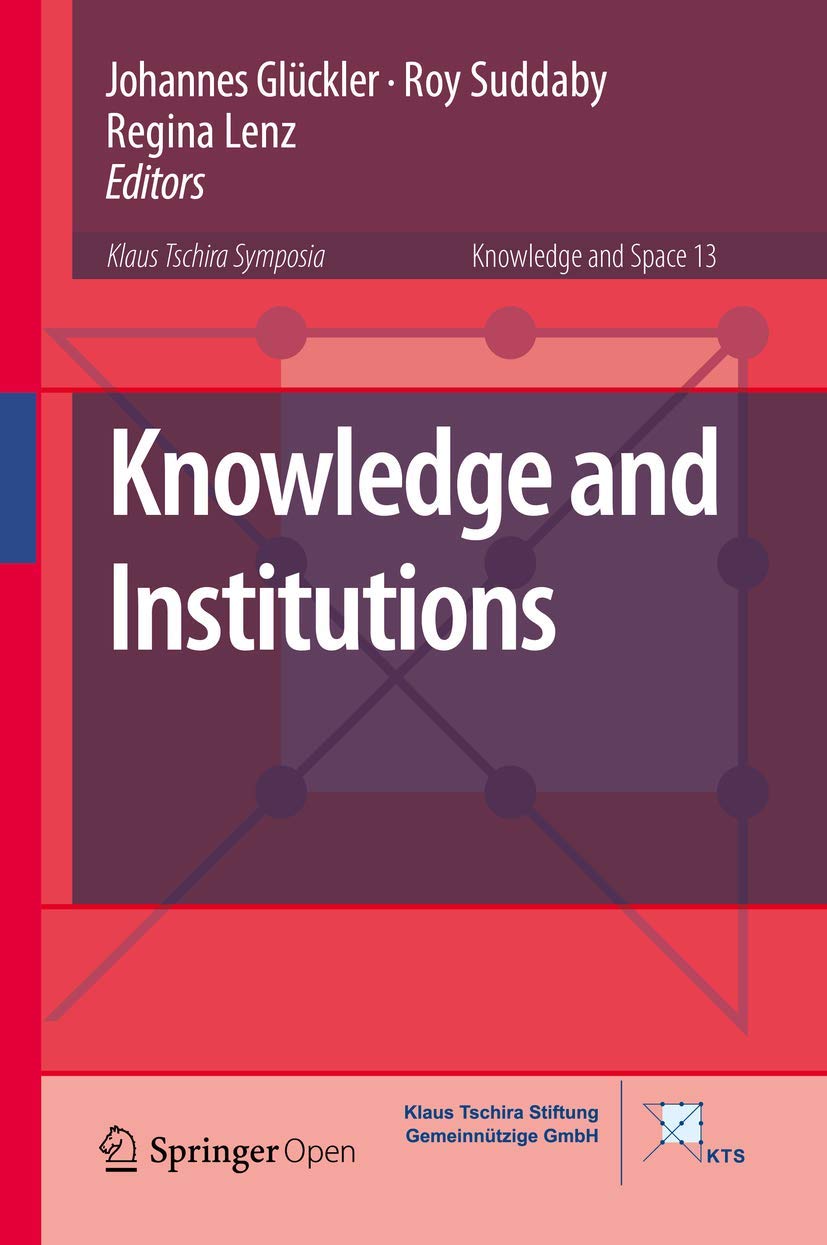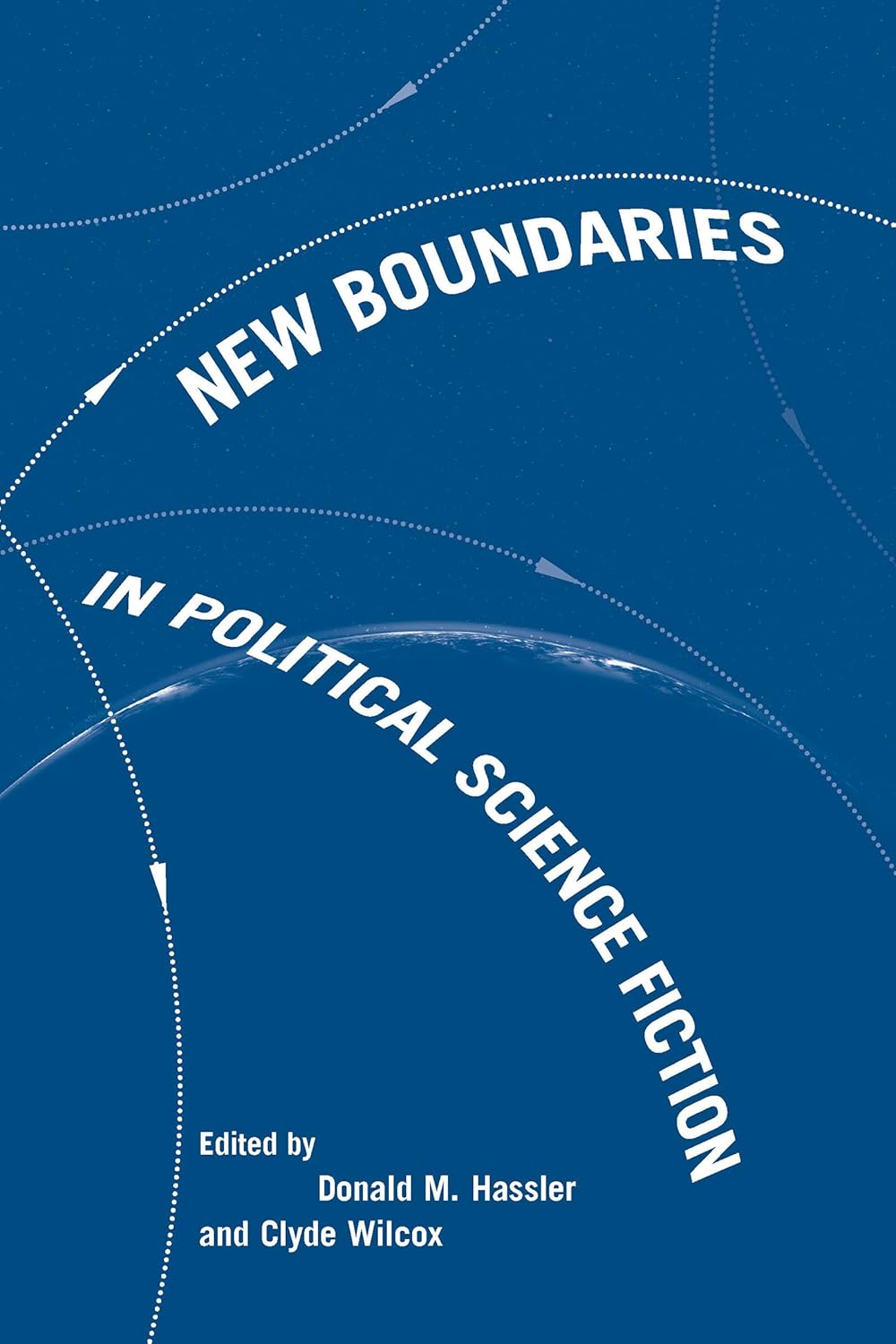Academic Writing
Featured Academic Articles:
Large AI models are cultural and social technologies
March 13, 2025
featured pin Science
Large AI models are cultural and social technologies Implications draw on the history of transformative information systems from the past By Henry Farrell, Alison Gopnik, Cosma Shalizi, and James Evans As per Science’s rules, I hereby am making it clear that the below is the author’s version of the work. It is posted by permission of the AAAS for personal use, not for redistribution. The definitive version was published in Science on March 13, 2025, DOI:10.1126/science.adt9819. If you prefer to read the provisional version in PDF format, click here. Debates about artificial intelligence (AI) tend to revolve around whether large models are intelligent, autonomous agents. Some AI researchers and commentators speculate that we are on the cusp of creating agents ...
Read Article
Henry Farrell Talks to Kim Stanley Robinson
June 11, 2024
featured Vector with Kim Stanley Robinson
Henry Farrell and Kim Stanley Robinson (2024), “Henry Farrell Talks to Kim Stanley Robinson,” Vector, 299. Henry Farrell teaches democracy and international affairs at Johns Hopkins University. Kim Stanley Robinson is a science fiction writer whose most recent novel is The Ministry for the Future. Their conversation took place in March 2023 at Stanford’s Center for Advanced Studies in the Behavioral Sciences, around Tor’s forthcoming June 2024 re-issue of Robinson’s 1984 novel, Icehenge. HF – How did you come to write Icehenge? KSR – When I was a kid I loved stories about archeology, including pseudo-archaeology. There were quite a few fake archaeologies about when people first got to the Americas – the Phoenicians; St. Brendan; the Welsh – I ...
Read Article
The Moral Economy of High-Tech Modernism – with Marion Fourcade
February 28, 2024
Daedalus featured machine learning as social information processing
This short piece compares 21st century machine learning to 19th and 20th century bureaucracy – we hope to write more. While people in and around the tech industry debate whether algorithms are political at all, social scientists take the politics as a given, asking instead how this politics unfolds: how algorithms concretely govern. What we call “high-tech modernism”- the application of machine learning algorithms to organize our social, economic, and political life-has a dual logic. On the one hand, like traditional bureaucracy, it is an engine of classification, even if it categorizes people and things very differently. On the other, like the market, it provides a means of self-adjusting allocation, though its feedback loops work differently from the price system. ...
Read Article
Academic Writing Archives
Featured Chapters in Edited Volumes:
“Weaponized Interdependence and Networked Coercion: A Research Agenda,” in The Uses and Abuses of Weaponized Interdependence – with Abraham Newman – eds. Daniel Drezner, Henry Farrell and Abraham Newman
March 2, 2021
Brookings Institution 2021 eds. Daniel Drezner Henry Farrell and Abraham Newman featured
When we initially wrote our article on weaponized interdependence, we hoped that it would help people think more clearly about how economic coercion was changing. We did not anticipate either ...
Read Article
“The Shared Challenges of Institutional Theories: Rational Choice,” in Historical Institutionalism, and Sociological Institutionalism, Knowledge and Institutions – eds. Johannes Glückler, Roy Suddaby and Regina Lenz
June 8, 2018
economic geography Economics eds. Johannes Glückler Roy Suddaby and Regina Lenz
Scholarship on institutions across the social sciences faces a set of fundamental dilemmas. On the one hand, it needs to explain how institutions change. Yet explanations of change which point ...
Read Article
“Socialist Surrealism: China Miéville’s New Crobuzon Novels,” in New Boundaries in Political Science Fiction – eds. Donald Hassler and Clyde Wilcox
July 7, 2008
eds. Donald Hassler and Clyde Wilcox featured University of South Carolina Press: 2008
How do politics and the science fiction and fantasy genres inform each other? Science fiction has always had a strong undercurrent of utopianism – writers as different in their ideological ...
Read Article
All Academic Articles & Chapters in Edited Volumes
Academic Article
Piecing Together the Democratic Peace: The CSCE, Norms and the ‘Construction’ of Security in Post-Cold War Europe – With Gregory Flynn
January 9, 1999
International Organization with Gregory Flynn
The end of the Cold War has profoundly transformed Europe’s security situation. Although traditional security issues remain important, the most immediate threats to security since ...
Read More





